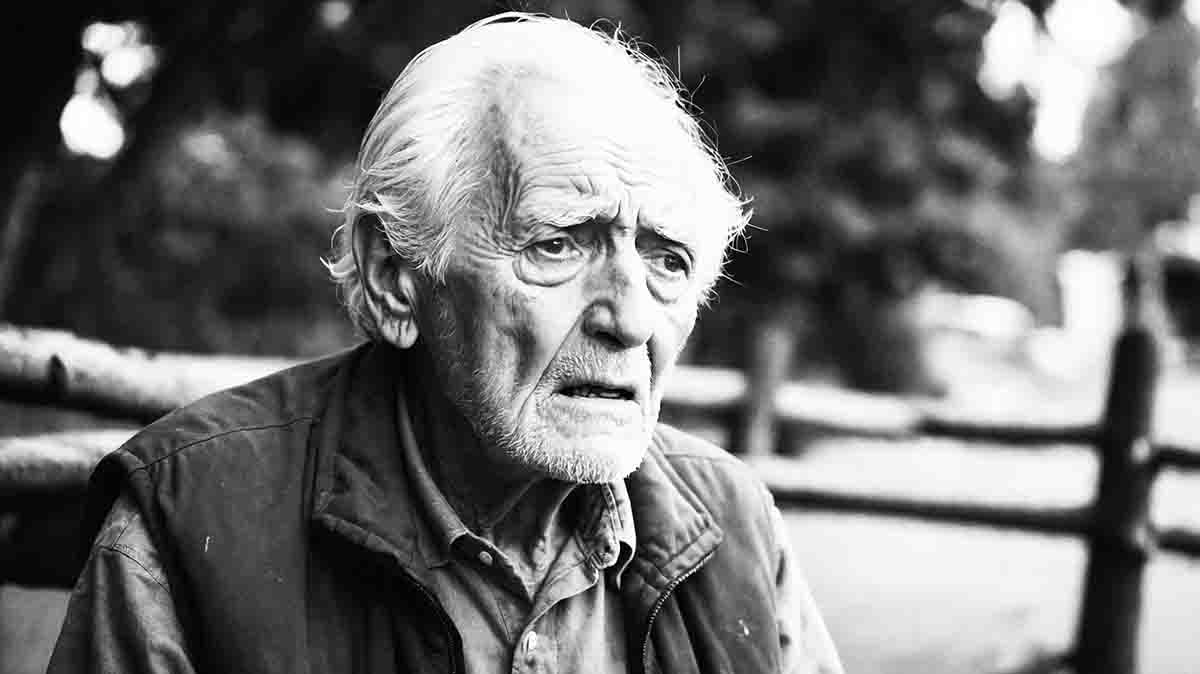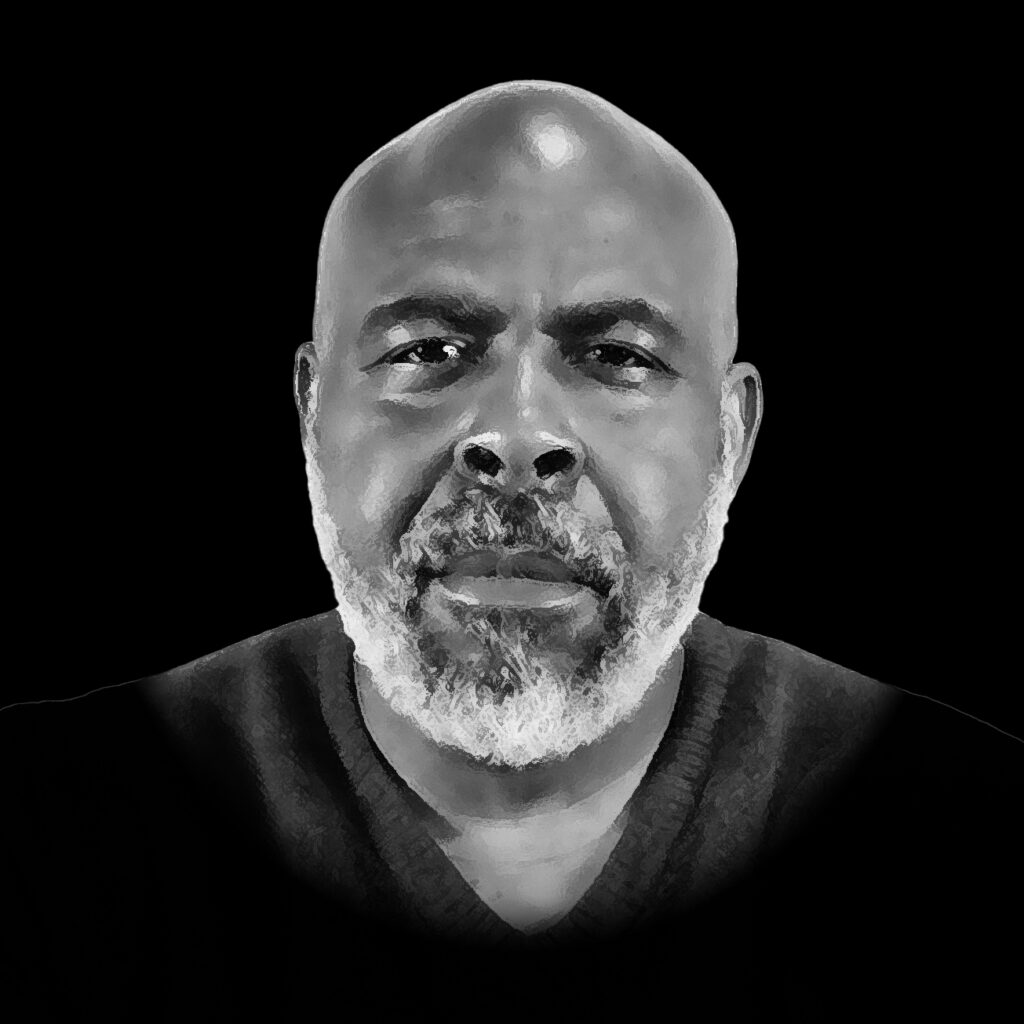As we get older, the fear of aging often creeps in, leaving many of us with questions and concerns about the future. In Think and Grow Rich, Napoleon Hill explores this common fear in depth, breaking down the mental, emotional, and societal factors that contribute to our apprehension about growing older. Let’s dive deeper into the reasons behind this fear and how we can use them to empower ourselves as we age.
The Two Core Fears of Old Age: Poverty and Vulnerability
Hill identifies two primary sources of fear when it comes to old age: poverty and vulnerability. These concerns are rooted in the fear of being left behind, unsupported, or unprepared for the future.
The Fear of Poverty
One of the most significant worries about aging is the possibility of living in poverty. As we age, the fear of not being able to support ourselves intensifies. We begin to wonder: Who will take care of me when I get older? Will it be the government, my family, or will I be left to fend for myself?
Consider this scenario: what happens if the government cuts back on social security or if our families aren’t able to support us? What if we didn’t plan adequately for the future? These thoughts can quickly spiral into anxiety, making us fear the worst. It’s a real concern that many people face as they get older, especially when they haven’t had the chance to prepare financially for their twilight years.
The Fear of Vulnerability
Another fear Hill mentions is the possibility of being taken advantage of. Can we trust the systems in place to protect us? Will society treat us with dignity as we age, or will we become vulnerable to exploitation? This fear of being manipulated or harmed is a significant contributor to the fear of old age, particularly in a world where trust can sometimes be in short supply.
The Fear of Death: The Unknown
As we grow older, we become more aware of our mortality, and this brings with it a fear of death. For many, the uncertainty of what lies beyond this life can be terrifying. The stories we are told from a young age—stories of fire and brimstone, of eternal damnation—can plant seeds of fear in our minds. The thought of spending eternity in torment is a powerful and unsettling fear that many people carry with them throughout their lives.
However, Hill urges us to confront these fears rather than succumb to them. Embracing the idea that death is a natural part of life and that it’s not something to be feared can be liberating. The more we understand and accept this inevitability, the less power it holds over us.
The Fear of Ill Health: The Physical Decline
Another aspect of the fear of old age is the fear of ill health. As we age, the likelihood of experiencing health issues increases. Whether it’s chronic pain, diminished mobility, or a serious illness, the fear of being unable to care for ourselves is a major concern. In his book, Hill notes that the fear of ill health is closely tied to both the fear of poverty and death. After all, poor health can lead to financial strain, and eventually, death.
This fear is compounded by the fact that our bodies inevitably age. We lose strength, agility, and energy. The idea of becoming dependent on others for care can be a frightening thought, one that many people avoid confronting until it’s too late.
The Fear of Losing Sex Appeal
Hill also highlights a unique aspect of aging: the fear of losing one’s sexual appeal. This is a fear that may seem less significant than the others, but it plays a major role in how people perceive aging. In a world where sex and attractiveness are often equated with youth, the thought of growing old and becoming less desirable can create anxiety.
For many men, this fear is linked to the idea of no longer being able to perform sexually. It’s an aspect of life that is deeply ingrained in the male psyche, and the fear of losing it as we age can be quite distressing. Hill addresses this issue directly, urging us to acknowledge this fear and move past it.
The Fear of Losing Independence
As we age, we also face the fear of losing both physical and economic freedom. The loss of independence—whether it’s the physical freedom to walk and move around or the financial freedom to support ourselves—can be one of the most debilitating fears associated with aging.
For many, the thought of relying on others for care or financial support is a blow to their self-esteem. This fear often goes unspoken, but it’s a valid concern. Aging often brings with it the need for assistance, and for those who have prided themselves on their independence, this can be a hard pill to swallow.
Symptoms of the Fear of Old Age
Hill goes on to describe the symptoms of this fear, many of which we can recognize in ourselves or others as we age. These include:
1. Slowing Down and Developing an Inferiority Complex
Around the age of 40, many people start to feel as though they are slipping due to age. This often leads to a sense of inferiority, as they falsely believe they can no longer perform at their best. However, Hill argues that most people don’t hit their true stride until their 40s or 50s. These are often the years of greatest mental and spiritual productivity, so instead of slowing down, we should embrace the potential for growth.
2. Apologizing for Age
Another symptom is the habit of apologizing for being older. This could mean saying things like, “I’m getting old,” or trying to downplay age in a way that suggests shame or regret. Hill suggests that instead of apologizing, we should celebrate the wisdom and experience that comes with age. Reaching older years should be seen as a privilege, not something to be embarrassed about.
3. Losing Initiative and Imagination
Many people stop pursuing new ideas or ventures as they age, believing that they are too old to take on new challenges. This loss of initiative and imagination can be one of the most damaging symptoms of the fear of old age. Hill emphasizes that we should not allow ourselves to believe that age limits our ability to dream or innovate. We are never too old to make an impact.
Overcoming the Fear of Old Age
The key to overcoming the fear of old age, according to Hill, is to shift our mindset. Instead of fearing the inevitable, we should embrace it. We should focus on the opportunities that come with age, such as the chance to mentor others, gain wisdom, and pursue new goals. Age should be seen as an asset, not a liability.
Use Fear as Motivation
Rather than letting the fear of old age hold us back, we can use it as a powerful motivator. By planning ahead, staying healthy, and cultivating a positive mindset, we can face the challenges of aging with confidence and grace.
Conclusion
As we grow older, the fears surrounding old age are natural, but they don’t have to control us. By recognizing and addressing these fears, we can embrace aging as a time of growth, wisdom, and opportunity. After all, the greatest gift of life is the chance to live it to its fullest, no matter our age.


